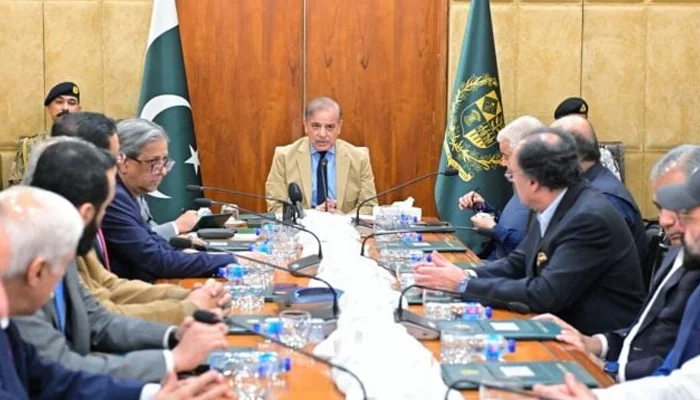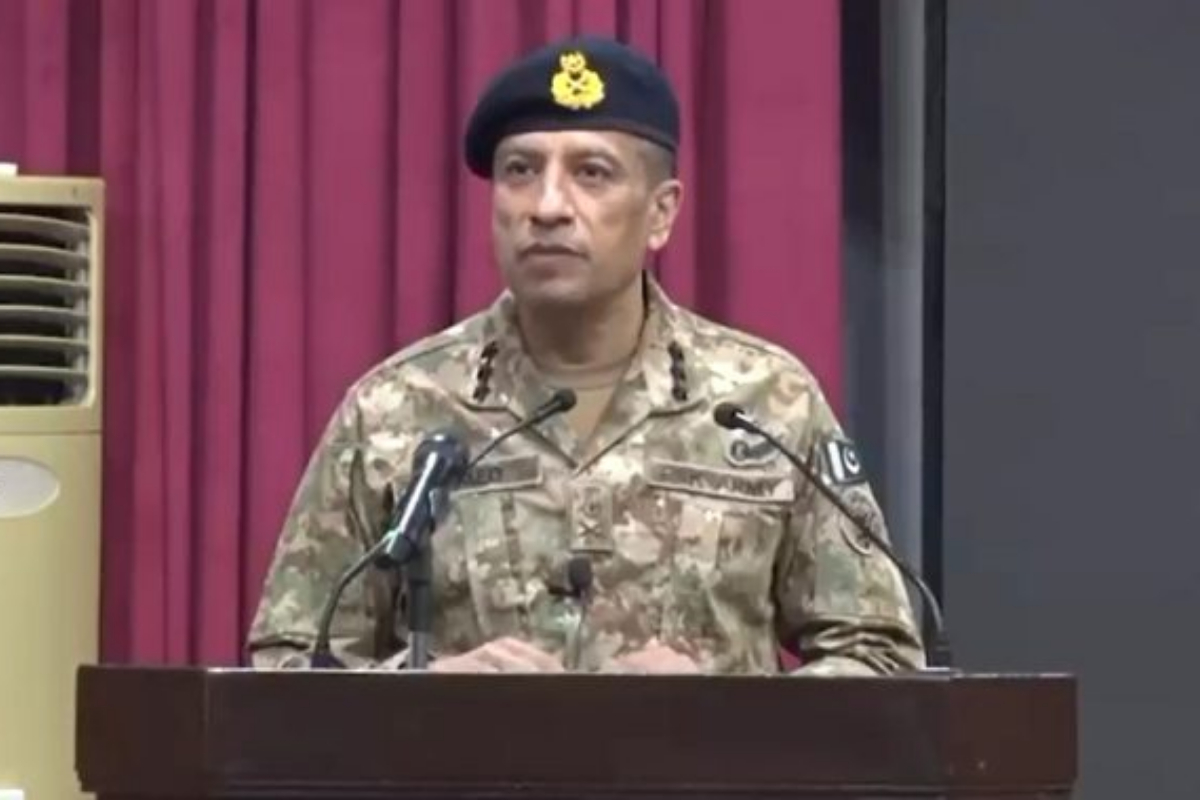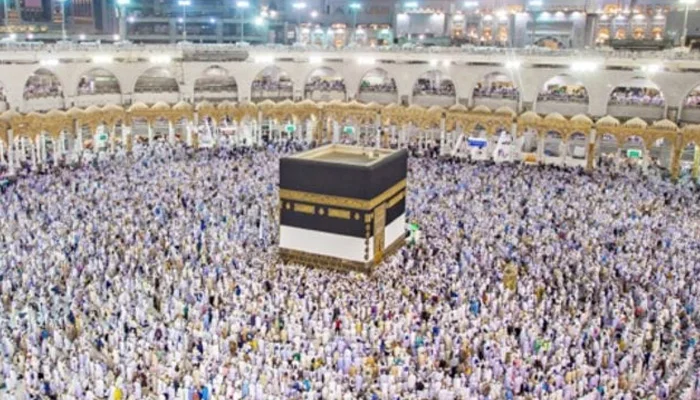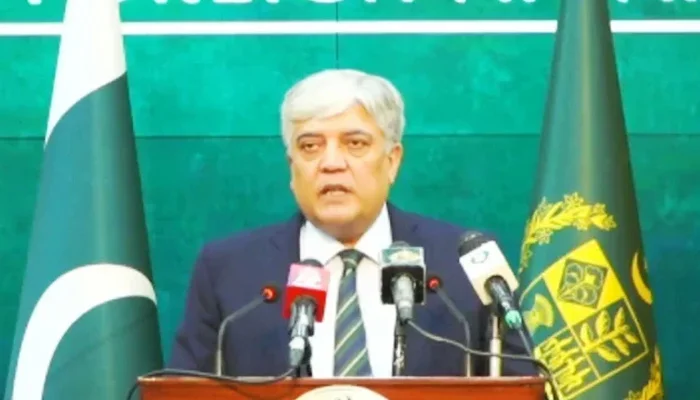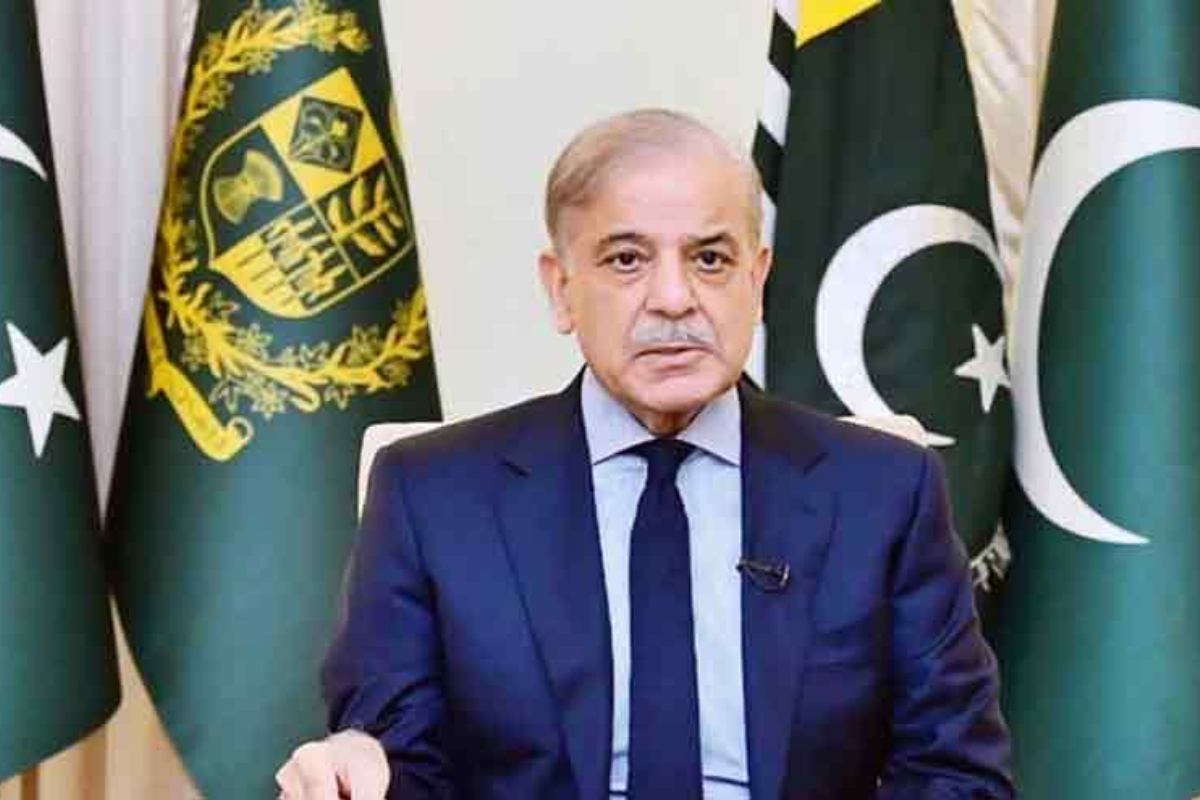Washington: G7 finance ministers, led by Canadian Finance Minister Francois-Philippe Champagne, held a call Friday to consider tougher economic measures against Russia, including new sanctions and tariffs targeting nations that support or enable its war in Ukraine.
According to a Canadian statement, the group discussed accelerating plans to use frozen Russian assets to support Ukraine’s defense and explored broader trade restrictions.
U.S. Treasury Secretary Scott Bessent urged G7 allies to impose tariffs on countries buying Russian oil, aiming to curb revenues that fund the war. A joint statement from Bessent and U.S. Trade Representative Jamieson Greer emphasized that coordinated action is key to cutting off resources to “Putin’s war machine.”
Earlier, the U.S. Treasury also called on the EU and G7 to levy “meaningful tariffs” on Chinese and Indian goods over their continued oil trade with Russia.
US Tariffs Already Rising:
President Donald Trump has already moved unilaterally against India, doubling duties on Indian imports to 50% last month and warning New Delhi that its purchases of discounted Russian crude are “prolonging the war.”
But Trump has held off on new tariffs against China, despite Beijing’s status as Moscow’s biggest oil customer, in order to preserve a fragile trade truce with Chinese President Xi Jinping.
A position paper circulated by Washington to G7 counterparts — seen by the Financial Times — urged immediate “50–100% secondary tariffs on China and India for their purchases of Russian crude oil.”
Allies Cautious Over Escalation:
European officials pushed back during the call, warning that blanket tariffs on two of the world’s largest economies could trigger retaliation and derail trade talks. Brussels is in the final stages of negotiating a deal with India and is wary of risking ties with Beijing.
“Europe wants to increase pressure on Russia, but across-the-board tariffs risk starting a trade war,” one EU official said.
UK Prime Minister Sir Keir Starmer plans to press Trump during his state visit to London next week to target specific Chinese and Indian companies importing Russian oil rather than whole economies, his national security adviser Jonathan Powell told the FT.
New Sanctions Menu on the Table:
Washington has proposed a new set of sanctions and is urging its allies to take coordinated action, including:
Seizing hundreds of billions of dollars in frozen Russian sovereign assets, the majority of which are held in Belgium.
Imposing sanctions on Rosneft, Russia’s largest state-owned oil producer.
Tightening restrictions on Russian shipping and the Mir payment system, which has increasingly replaced SWIFT for many Russian banks.
The EU has so far only agreed to use interest earned on immobilized Russian assets to aid Ukraine, citing legal risks of outright seizure.
EU Still Reliant on Russian Energy:
Despite a steep drop since 2022, the EU still sources about 20% of its natural gas from Russia. Energy Commissioner Dan Jørgensen said Brussels was working with Washington to replace Russian liquefied natural gas with US supplies.
“We need, as fast as possible, to make sure that we get rid of the dependency that we still have on Russian energy,” Jørgensen said Thursday after meeting US Energy Secretary Chris Wright.
Canada, which currently chairs the G7, also faces complications. Prime Minister Mark Carney has been working to repair Ottawa’s strained ties with both India and China.
What’s Next?
Formal G7 discussions on new tariffs and asset seizures are expected to continue in the coming weeks. Bessent will travel to Madrid on Friday to meet Chinese Vice Premier He Lifeng, where he will raise oil purchases, TikTok divestment demands, and anti–money laundering issues.
Trump, speaking on Fox News earlier in the day, signaled impatience with Russia but stopped short of announcing new sanctions.
“We’re going to have to come down very, very strong,” he said.







